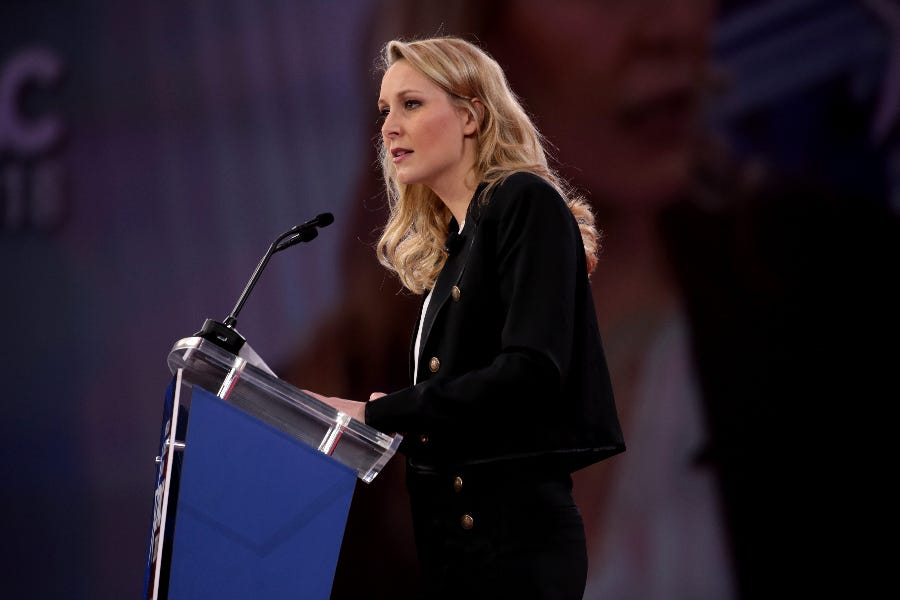Polls predict shift right by French Catholics in EU election
Church leaders are urging voters to turn out for the first European Parliament election since Brexit.
French Catholics are predicted to shift to the right when they vote in European elections this Sunday.

According to a research paper by Claude Dargent, a professor at the Paris 8 University Vincennes-Saint-Denis, 42% of Catho…
